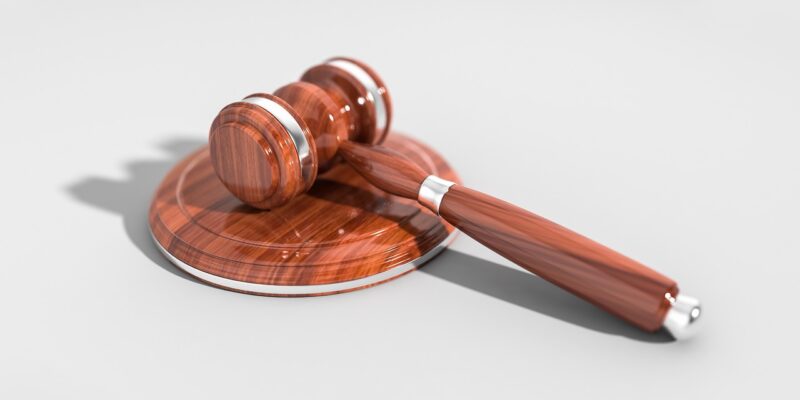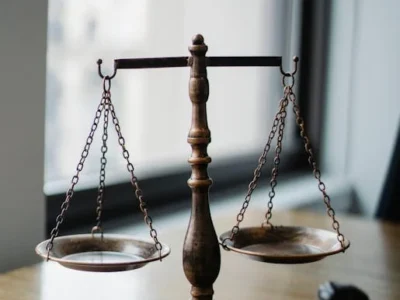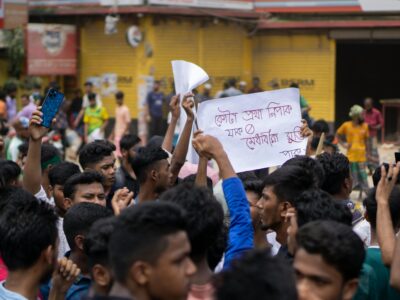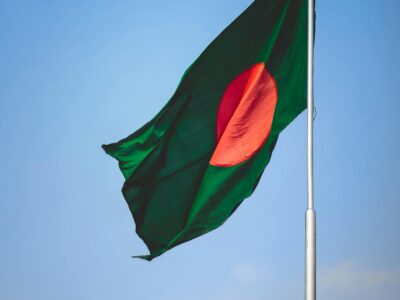Patricia Petrosian

Gaval Auction Law Hammer Symbol, by Arek Socha, via Pixabay, 11 July 2017
The United Kingdom has imposed sanctions on two former Sri Lankan military commanders over civil war-era atrocities, amplifying international calls for accountability as fresh reports reveal Tamil detainees continue to face torture years after the conflict’s end.
On 24 March 2025, the United Kingdom imposed sanctions on two former Sri Lankan military commanders over their alleged involvement in grave human rights abuses during the country’s civil war. The decision marks a significant step by the UK in supporting accountability efforts, as it freezes assets and imposes travel bans on the sanctioned individuals, including retired Major General Chagie Gallage and ex-Navy Commander Wasantha Karannagoda.
Both figures held senior leadership roles during the final phase of Sri Lanka’s nearly three-decade civil conflict, which ended in 2009. Human rights organisations, including the United Nations and Human Rights Watch, have documented widespread abuses committed during that period, including indiscriminate shelling, enforced disappearances, and extrajudicial killings targeting Tamil civilians.
While the war officially ended 16 years ago, evidence suggests that human rights abuses continued long after the guns fell silent. A 2024 investigation by the International Truth and Justice Project (ITJP) reported that Tamil men, particularly those suspected of links to the separatist Liberation Tigers of Tamil Eelam (LTTE), have continued to face torture and degrading treatment in custody well into recent years. The ITJP documented 20 such cases from 2022 alone, with victims alleging brutal interrogations, sexual violence, and forced confessions.
The Sri Lankan government has consistently denied these allegations and refused to fully cooperate with international inquiries. It has also opposed resolutions at the United Nations Human Rights Council (UNHRC) aimed at establishing mechanisms for justice and reconciliation. Despite repeated calls from domestic and international rights groups, meaningful transitional justice—including prosecutions, reparations, and institutional reforms—remains elusive.
The UK’s latest move adds weight to growing international demands for accountability. It follows similar measures adopted by Canada and the United States in recent years, and comes amid renewed calls by Tamil advocacy groups for broader global recognition of ongoing abuses.
Sri Lanka’s continued denial of wartime atrocities, paired with credible reports of ongoing torture, underscores the need for sustained international engagement. Without concrete steps toward justice, the wounds of the past will remain unhealed, and trust in national institutions will continue to erode.
Sources and Further Reading:
Reuters. (2025, March 24). UK sanctions former Sri Lankan commanders over civil war abuses. Retrieved March 2025, from https://www.reuters.com/world/uk-sanctions-former-sri-lankan-commanders-over-civil-war-abuses-2025-03-24/
Jayasinge, U. (2024, May 8). Tamils faced torture in Sri Lanka long after war, rights group says. Retrieved March 2025, from https://www.reuters.com/world/asia-pacific/tamils-faced-torture-sri-lanka-long-after-war-rights-group-says-2024-05-08/








Comments